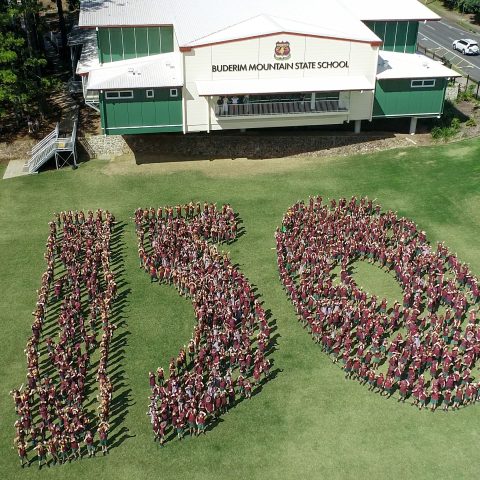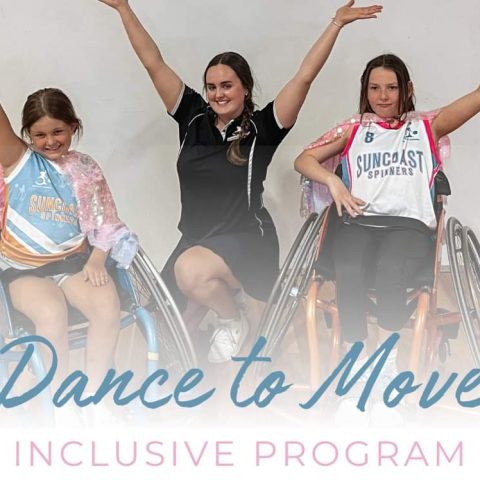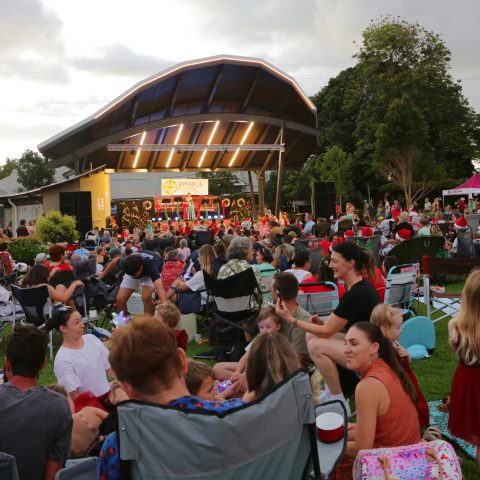Our PR Director, Michelle Smytheman, is passionate about helping emerging professionals in the communications industry and teaches at the University of the Sunshine Coast. As part of an assessment task this year, there have been some excellent blogs written by first-year students about emerging business trends. We are proud to share their work.
The increased work pressures and need for a holiday as we recover from COVID-19, will see a new travel trend, workcation, emerge. COVID-19 has changed the world dramatically. After being trapped at home for 2 years, people are itching to get back out and travel again. For most, this is not a problem as they saved money by not going out as often. However, people worry about taking time off and travelling for 2 or 3 weeks at a time. A solution to this is to take a workcation. Imagine sitting on a beach, sipping a cocktail whilst participating in a zoom meeting with your colleagues who are back in the office!
Workcations are a combination of work and vacation, meaning that you are able to travel combining both leisure time and a full-time or part-time job together. Some people may decide they want to make workcations a permanent fixture in their life, whilst others may only want to go on short workcations. Although a workcation is not a new concept, it is currently an emerging trend and is becoming the new lifestyle for many people. If you find you are bored of the norm, why not take a workcation. Exploring a new landscape, learning about a new culture, and trying new foods, whilst getting your work done, can help refresh your outlook, make you more productive and give you the boost in life that you need.
This idea wasn’t popular previous to the pandemic as the lines between work and leisure were blurred, however, it is now is taking off. Many of us tend to get stuck clocking up multiple hours at work and longing for a holiday. By taking a workcation, people are able to create a new pattern of living and combine work and life into one instead of keeping them separate. This creates a more balanced lifestyle and allows employees the freedom to choose their ‘workplace’ to enhance creativity or inspiration.
Prior to 2020, few of us had ever used programmes like Zoom or Microsoft Teams. Now, thanks to COVID-19 we are all familiar with working remotely and all the programmes needed to do so. 48% of the US workforce realised that they were happy working remotely during this period. Employers are also more likely to now offer increased flexible working conditions, rather than risk losing their valuable workers.
Workcations are more likely to be adopted by people in the Young Optimist and Something Better segments of the Roy Morgan Values Segments. The Young Optimist Segment includes people who wish to experience life to the fullest, want to work hard and play hard, and want to develop their own opinions of the world. The Something Better Segment refers to those of us who are a free spirit, ambitious and are wanting more out of life. These segments, benefit from their fresh perspective and proactive mindset allowing them to use innovative technology to work remotely and seek their best work-life balance.
A lot of cities around the world are getting on board with the marketing of workcations and some are even creating programmes offering everything that will help make it easier to work away, for instance, child minding services, small silent offices and increased WIFI areas – even on the beach!
Some international destinations ranked best for a workcation are:
- Bangkok, Thailand
- Barcelona, Spain
- Budapest, Hungary
- Phuket, Thailand
- Mumbai, India
- Istanbul, Turkey
- Buenos Aries, Argentina
- Hawaii, USA
- Bali, Indonesia
A workcation may not be for everyone as there are some issues that come with a workcation lifestyle. There may be tax implications whilst being in a difference country since tax will have to be paid in both countries. It may be hard to obtain immigration visas to some countries and there could be problems extending the visa if you want to stay longer. There will be the expenses of living away from home to take into consideration including accommodation, travel, leisure, and food. Not all counties/cities may be ideal for working remotely; you will need to choose a location with good electricity and WIFI services. Working in a different time zone may make enjoying some locations tricky. If you are required to work or participate in meetings during the night you may not be able to explore the place during the day.
Too much has changed over the last couple years for us to go back to the way life was when we were struggling to find the perfect work-life balance. A workcation allows us the opportunity to explore the world whilst still earning an income. How would you like to combine work and leisure priorities and lead a fulfilled, relaxed, and happy life?





